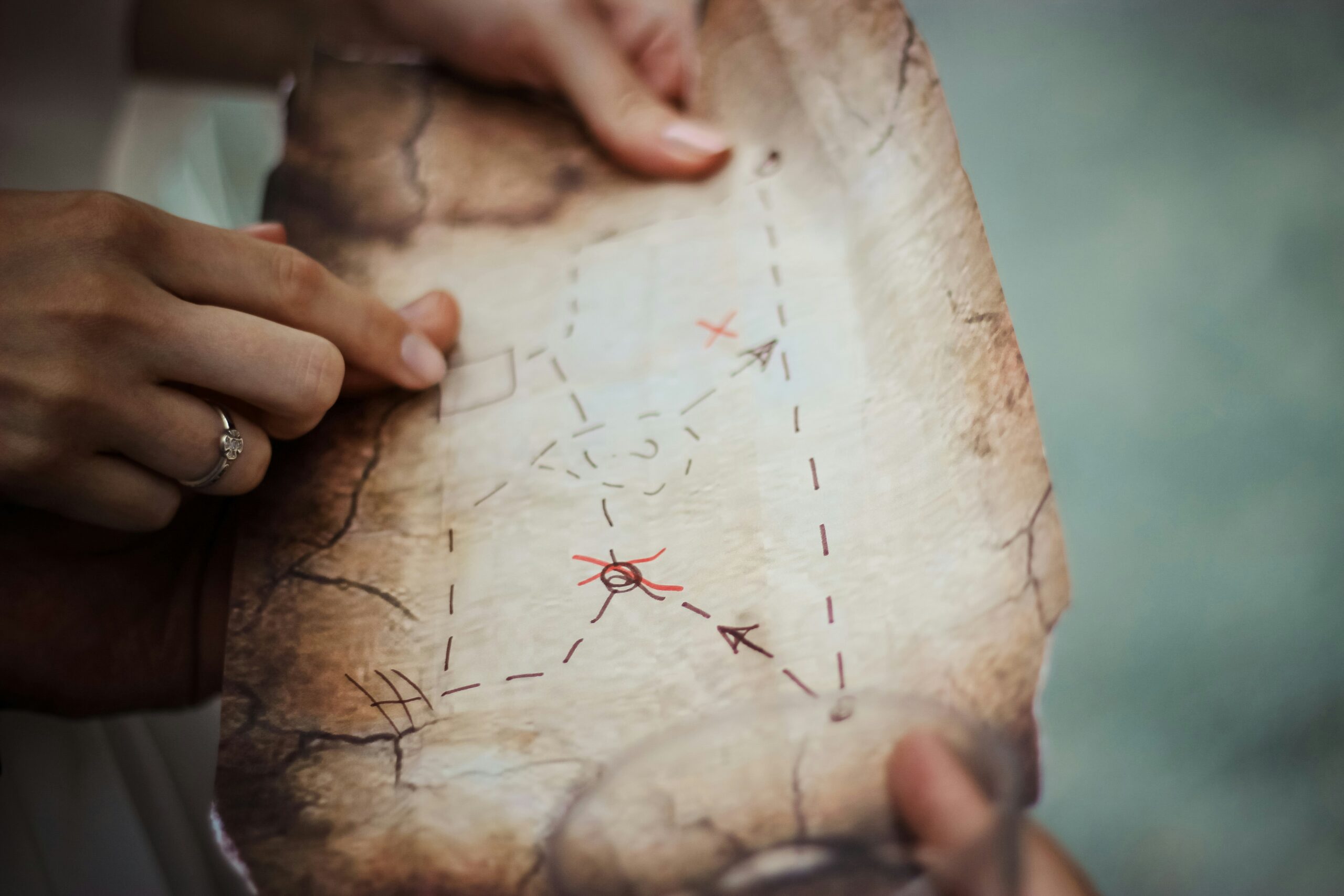Russo-African Relations
As Africa is becoming the next zone where global powers vow for influence, Russia is claiming a pole position.
Abstract
When it comes to Africa, Russia’s main political advantage over its geopolitical rivals is a high level of trust. Many Africans remember and appreciate that Russia never had African colonies and, on the contrary, actually contributed a lot to its decolonization. Secondly, many African politicians who hold the highest ranks in their countries today have ties to Russian educational institutions as many studied in Russia—there are even presidents in Africa who speak Russian. Thirdly, African markets are quite easy to access for Russian companies, not only by supplying raw materials, which Africans themselves are rich in but with Russian-produced goods.
History of Russo-African Relations
During the Cold War, diplomatic relations between the Soviet Union and African states were well-developed in all spheres: the Soviet Union supported the African liberation movements, and sent weapons and military advisors; Soviet specialists worked in construction in these countries and taught African students in Soviet universities. After the collapse of the USSR and the crisis of the 1990s, Russia minimized its diplomatic, military, and humanitarian efforts on the continent, mostly due to lack of funds, but when Vladimir Putin came to power the situation changed. In 2006 he paid an official visit to the South African Republic, and his successor, Dmitry Medvedev, visited Egypt, Nigeria, Namibia, and Angola in 2009, However, Russia’s real return to the African continent began around 2014 (after the beginning of the Western sanction regime), when various high-ranking Russian state officials visited Africa to sign cooperation agreements and write off billions of dollars in African debt.
The first summit with African states was held in 2019 in Sochi, where 43 African heads of state came to participate. Russia’s trade with Africa would double in the next five years to total more than $20bn. During the summit, Nigeria signed a contract with Moscow for 12 Mi-35 Hind-E attack helicopters and Rosneft signed a memorandum with Mozambique’s Empresa Nacional de Hidrocarbonetos to develop natural gas resources in the country. Russia’s nuclear corporation Rosatom signed agreements to build a center of nuclear science and technologies in Rwanda and to buildnuclear-advanced reactors in Ethiopia for 12,000 MW.
Also diplomatically, the importance of Africa grew significantly with the conflict in Ukraine. Having been isolated from the West, Russia periodically appealed to African nations to vote against or abstain from voting in the U.N. resolutions condemning Russian military actions.
In 2023, the Second Summit of Russia–Africa Economic and Humanitarian Forum took place in St. Petersburg on (July 27-28), where Russia again promised to write off additional debt. Furthermore, Russia promised to allocate more than $90 million to lower the debt burden of African countries, with their indebtedness written off by Moscow totaling $23bln. In addition, several security-related agreements were signed between Moscow and African states: on cooperation in informal security, on combating terrorism, and on prevention of arms race in space and the action plan of the Russia-Africa Partnership. Moscow also signed memorandums of understanding with the African Development Organization and the Economic Community of Central African States.
Africa’s is Importance to Russia
The New Concept of the Foreign Policy of the Russian Federation contains an entire chapter devoted to Africa:
Russia stands in solidarity with the African states in their desire for a more equitable polycentric world and elimination of social and economic inequality, which is growing due to the sophisticated neo-colonial policies of some developed states towards Africa. The Russian Federation intends to support further the establishment of Africa as a distinctive and influential center of world development.
There are some reasons, why Africa now holds one of the central places in Russia’s foreign policy. Firstly, since Moscow is striving for a multi-polar world order, it engages in what it sees as breaking the tether of European colonization. Secondly, cooperation with African states is helping overcome Russia’s diplomatic isolation. The African continent is one of the two regional blocs in the UN General Assembly; a lot of African representatives are on the UN Economic and Social Council. Many African countries consider the Russo-Ukrainian war as primarily a Western problem, as they’re more interested in protecting their national interests. That’s why at least 19 African states did not agree to any of the UN General Assembly resolutions at the meetings dedicated to Russia and Ukraine. As the Russian discussion club Valdai holds:
Of these, eleven countries either abstained or did not vote in all cases: Burkina Faso, Guinea, Cameroon, Mozambique, Namibia, Sudan, Tanzania, Uganda, Equatorial Guinea, Eswatini and South Africa. Three countries voted against the resolutions once: Algeria, Burundi, Congo. Four countries voted against twice (regarding the resolutions on the Human Rights Council and the one on Reparations): Zimbabwe, Mali, Central African Republic, Ethiopia. One country, Eritrea, voted against the resolutions four times.
Thirdly, African natural resources and markets are vital for Russia due to Western sanctions. Moreover, Russia can buy goods from Africa (like coffee) instead of just raw materials, such as oil or various ones.
Lastly, Africa’s excellent geographic location, where some states have access to the Red Sea, the Mediterranean, the Atlantic, and the Indian Ocean makes them superb trading partners for Russia’s growing merchant ship fleet, while (potential) Russian military presence in those areas will allow Moscow to play a larger role in global shipping more generally.
Trade Relations
However, trust and access don’t come for free. African partners expect Russia to invest in their economy and interact with public and private businesses regularly, which Moscow so far has been living up to. Trade with African nations increased from $9.9 billion in 2013 to $17.7 billion by 2021. According to an article by the Russian president himself, “Russia’s trade turnover with the African countries increased in 2022 and reached almost $18 billion”. The conflict between Russia and Ukraine (two major grain exporters), led Russia to declare itself an alternative supplier for Africa. Putin argued as follows in his article:
In 2022, Russia exported 11.5 million tonnes of grain to Africa, and almost 10 million tonnes more were delivered in the first half of 2023 – despite the sanctions imposed on our exports, which severely hamper the supply of Russian food products to developing countries, complicating transport logistics, insurance arrangements, and bank payments. (…) Notwithstanding the sanctions, Russia will continue its energetic efforts to provide supplies of grain, food products, fertilisers and other goods to Africa.
The strategy seems to work. In 2022, Russia was the second largest supplier of wheat and meslin to Africa after France and Russian wheat exports amounted to nearly $2.5billion. In the Central African Republic Russian companieshave begun producing fruit juice and have invested in a 200,000-hectare project to grow tropical wheat.
Overall, Russia’s economic presence in Africa is dominated by oil and gas companies: Gazprom, Tatneft, and Rosneft, all three of which have major projects in Libya. Rosneft also has a major project in Algeria, while Lukoil, which is less tightly tied to the Kremlin, leads in the less-strategic Gulf of Guinea. Meanwhile, Rosatom owns six nuclear power projects in Africa: Ethiopia, Zambia, a southward line from Egypt through Sudan, South Africa, and Tanzania. In 2022, Rosatom received permission from Egypt to start building the country’s first nuclear power plant (based on a permit between the two country’s presidents in 2017).
Moscow also cooperates with African states rich in natural resources. For instance, Russia’s top diamond producer Alrosa boosted its cooperation with Congo, Zimbabwe, and Angola.
Yet, even though Russia tries to build strong economic relations with African nations, its current investment volume is less than the historical amounts of the Soviet Union or modern EU, China, or the United States. By comparison, the value of African trade with the EU, China, and the United States is $295 billion, $254 billion, and $65 billion, respectively. The same is true about total investments. Russia dedicates less than 1 percent of its foreign direct investment (FDI) to the continent.
Security Cooperation
However, when it comes to Africa, Russia’s biggest competitive advantage over the West is in the military sphere. Between 2018 and 2022, Moscow was the continent’s main arms supplier, accounting for 40 percent of African imports of major weapons systems. This figure is higher than total arms imports from the USA (16%), China (9.8%) and France (7.6%) combined. The key importers of Russian systems are Egypt, Algeria, Sudan, and Angola. Furthermore, Russia has military-technical cooperation (MTC) agreements with over 30 African states. In 2023, Russian weapons exports exceeded 30% of the total volume of deliveries to Africa, with contracts worth over $5.2 billion. Russian weapons are much more popular in Africa than Western as they are cheaper and simpler to operate.
In addition, Moscow conducts military forums and exercises, such as the International Army Games, the Joint Egyptian-Russian naval exercise “Friendship Bridge”, and the Russian-Egyptian tactical exercise “Defenders of Friendship”. Moscow will most likely continue supplying weapons and vehicles to African states and offer training to African law enforcement officers and servicemen. In 2019 military personnel from 20 African states were studying at higher education institutions of the Russian Defence Ministry.
For a long time, a peculiar aspect of Russia’s military presence in Africa has been its implementation through private military companies, the most influential of which was the Wagner Group. Wagner deployed contractors to the Central African Republic (CAR), Sudan, Mali, Libya, Madagascar and Mozambique. It provided security services and paramilitary assistance (combat operations against rebel groups, security and training support, disinformation campaigns) in exchange for diplomatic support and resources. However, at the end of 2023 the Africa Corps, formed by the Russian Defence Ministry, replaced the Wagner Group after the organization was integrated into the Russian army, following a political fallout between its previous leader, Yevgeny Prigozhin, and Russia’s military leadership. Nevertheless, it is estimated that at least seven Russian private military companies have been active in Africa since 2005. They have conducted a minimum of 34 operations, spanning across 16 African countries.
Humanitarian Cooperation
Lastly, Russia is also trying to elevate humanitarian cooperation with African states to a new level. As Vladimir Putin says, “There are currently about 35 thousand students from the continent in Russia, more than 6,000 of them receive Russian government scholarships”. From September 1, 2023, four schools in Moscow began teaching African languages. Young people from 35 African countries applied to participate in the World Youth Festival from March 1 to March 7, 2024, in Sochi. The Russian Orthodox Church has opened more than 200 parishes in 25 African states. In 2022 The Patriarchal Exarchate of the Russian Orthodox Church in Africa has been granted the first official registration ever issued in the African continent.
Conclusion: Africa as a Next Center for Confrontation
Africa is becoming the center of confrontation between Russia and the West. The Countering Malign Russian Activities in Africa Act passed the House of Representatives on April 28, 2022. It says:
It would direct the US Secretary of State ‘to develop and submit to Congress a strategy and implementation plan outlining United States efforts to counter the malign influence and activities of the Russian Federation and its proxies in Africa.
It is no coincidence that the head of Ukraine’s diplomatic service, Dmytro Kouleba, announced a “long-term” fight to “revive” Kiev’s relations with Africa and reduce the “grip” of Moscow on this continent.
In general, Russia seeks to revive its relations in Africa as the Soviet Union did in all spheres: economy, security, and humanitarian cooperation. Its main advantage is that Russia does not put forward any preconditions and does not advocate for the establishment of democracy on the continent, as the United States and Europe do. In this regard, Moscow and Beijing are more attractive to Africans because they respect their national sovereignty. African leaders remember the colonial past of their states, so the carrot-and-stick policy imposed on them by the United States and its allies is gradually encountering resistance.

